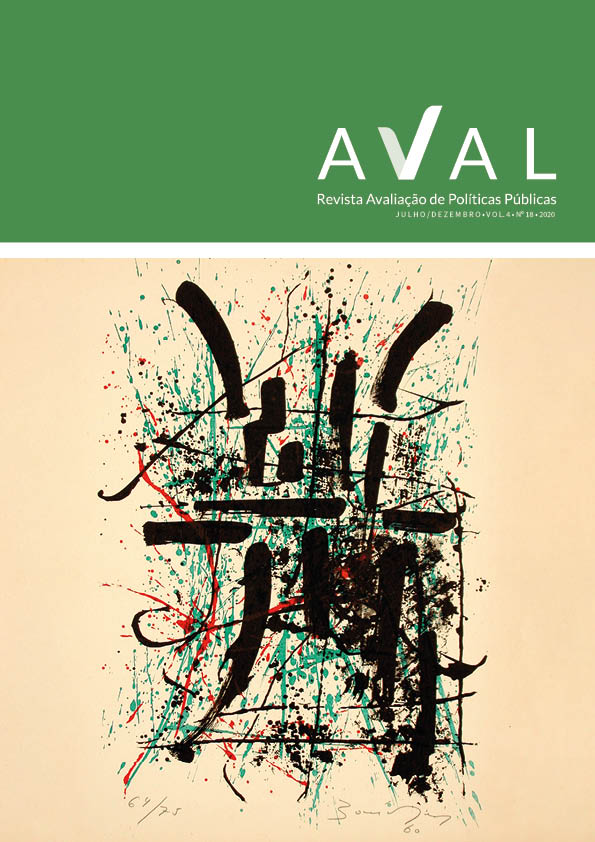Happy Child Program
methodology, governance model for early childhood social protection in Pernambuco
Keywords:
Social protection, Early childhood, Happy Child Program, PernambucoAbstract
This article aims to analyze the elements of Brazilian social protection, its interlocutions with the development of early childhood as prerogatives of the Happy Child Program (PCF) in Pernambuco. It starts with the analysis of the theoretical arguments, related to the development of early childhood and its importance as a social protection strategy and of the existing relationships between the Statute of the Child and Adolescent (1990) and the Legal Framework of Early Childhood (2016), considered the main legal- normative instruments that guide public policies on access to early childhood social rights in the country. The analyzes, bibliographic and documentary carried out, indicated that the PCF brings the perspective of reinforcing the Legal Framework of Early Childhood, an aspect verified both in the analysis of the PCF and in its methodology of Home Visit and its governance model, in which the intrasectoriality and intersectoriality.


